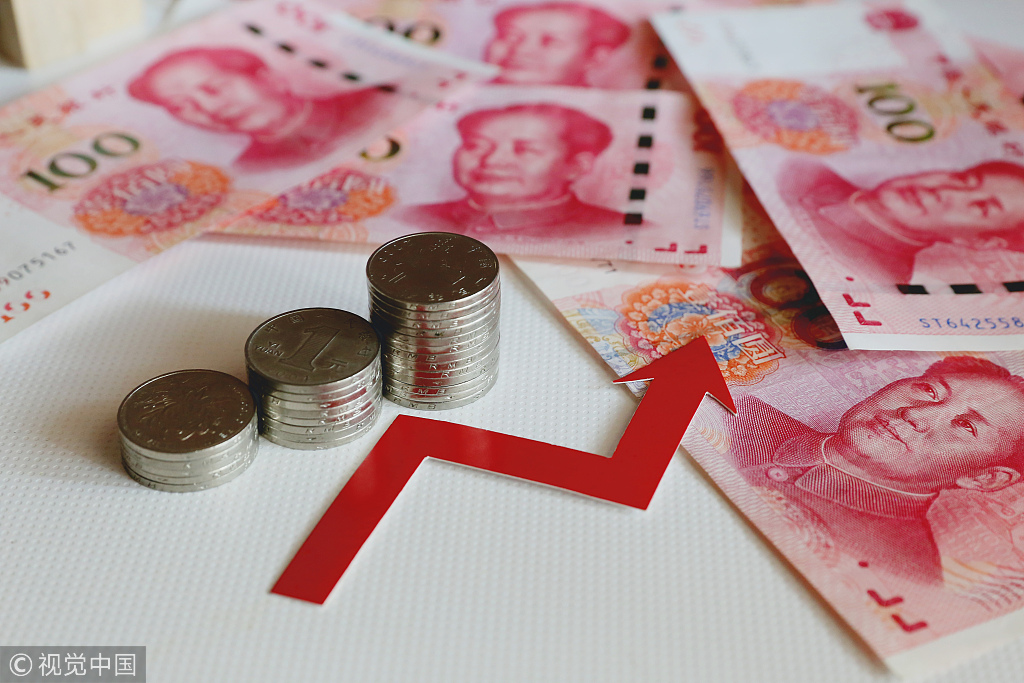Capital market reform to spur innovation


China's capital market reform and opening-up, a key area of supply-side structural reform in the financial sector, is set to bolster the nation's innovation-driven growth, analysts said.
Developing the capital market has become more significant for the Chinese economy than before, said Xu Biao, chief strategy analyst with Wuhan, Hubei province-based TF Securities.
"After mainly relying on bank loans to grow, China's corporate sector now has a leverage ratio much higher than other major economies," Xu said in a research note.
"The need to contain leverage ratios and related financial risks has prompted calls for a stronger capital market to expand direct financing," Xu said.
As of the end of 2018, the balance of corporate bonds and stocks of mainland-listed non-financial enterprises - the main part of direct financing - was 20.13 trillion yuan ($3.01 trillion) and 7.01 trillion yuan respectively, altogether accounting for 13.52 percent of China's total balance of social financing, according to data from the People's Bank of China.
"In contrast, the proportion of directing financing is more than 80 percent in the United States," Xu said.
One major aspect of supply-side reform in the financial sector is to provide more and better direct financing services for small and medium-sized enterprises, especially those engaging in technological innovation, according to Xu.
Xu made the comment after Xi Jinping, general secretary of the Communist Party of China Central Committee, highlighted at a group study session of senior Party officials on Friday that China should deepen supply-side structural reform in the financial sector and strengthen the sector's ability to serve the real economy.
Hong Rong, founder of Shanghai-based investor education platform Hongda Education, said the significance of the capital market also arises from China's economic restructuring.
"China's current financial system mainly consisted of banks serving an economy dominated by the manufacturing sector. Looking ahead, however, the services sector, especially technological innovation enterprises, will become the driver of the Chinese economy," Hong said.
Banks are cautious when granting credit to tech companies, due to their lack of collateral and uncertain profitability. Instead, it will be the capital market that provides major financial support for them, Hong said.
"China's capital market is now not mature enough to shoulder such a responsibility, making accelerated capital market reform and opening-up imperative," Hong said.
Dong Dengxin, director of the Finance and Securities Institute at the Wuhan University of Science and Technology, said the upcoming science and technology innovation board is a prelude to China's capital market reform.
"Among all of the sub-markets of China's stock market, the new equity trading platform will have listing standards most friendly to tech companies and exert the market mechanism to the largest extent," Dong said.
Once having succeeded on the new board, such reforms should be adopted in the broader A-share market as soon as possible to support more private tech companies, Dong said.


































